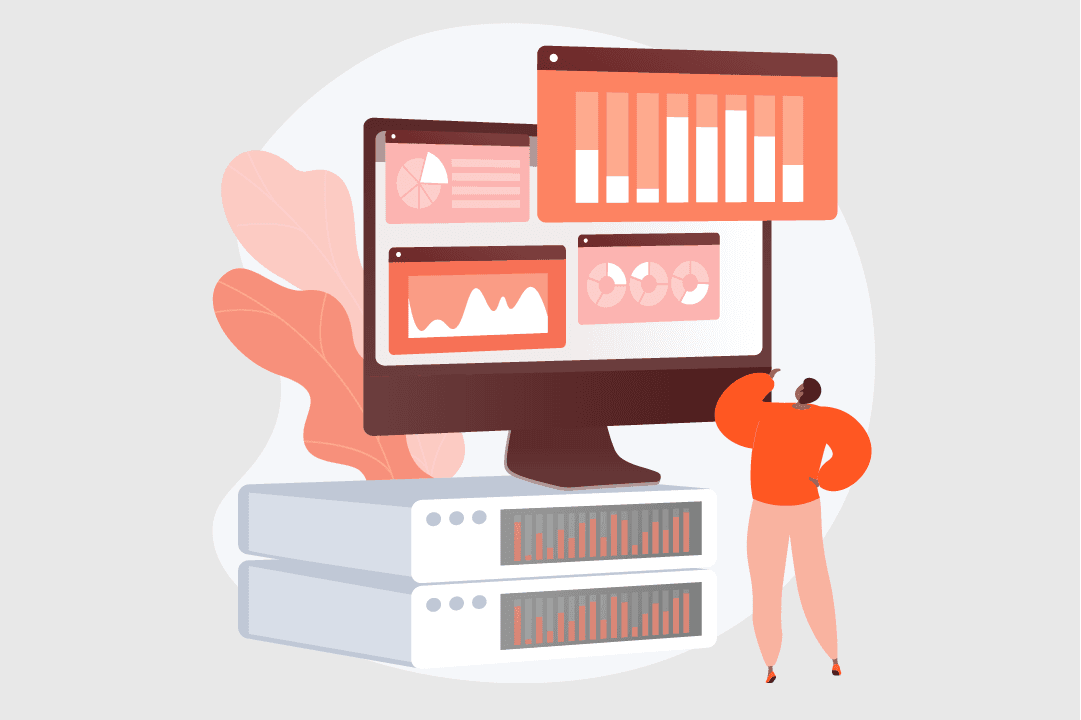Data Scientist Skills: The Hard, The Soft, The Unexpected

Have you been considering a career as a data scientist?
The role of a data scientist requires a broad skill set including technical, analytical and communication skills. With businesses placing a greater emphasis on big data, it is an exciting time to contemplate a career within this industry.
Data scientist jobs offer fantastic security with predictions of strong growth for the sector in the future. To help you assess whether a job as a data scientist is right for you, we’ve compiled all the essential skills needed to work in this space!
Data scientists earn an average full time salary of $130,000 per year
Analytical and Programming Skills
One of the primary data science skills involved in the job concerns an understanding of programming and coding languages. Some of the programming languages include:
- Python
- Java
- R SQL
- Julia
- MATLAB
These programming tools all assist in processing and organising unstructured data to derive a greater understanding of the data.
With an ability to be able to write code and utilising programming resources, data scientists can process raw data and extrapolate actionable outcomes. With large sets of data being analysed as a result of big data, programming, coding and data analytics becomes an essential skill for a data scientist.
Alongside programming and coding tools, data scientists also require the use of data analysis tools such as Hadoop, SAS and Spark to better extract insights and sort data.
In addition to understanding various codes, programming and analytical tools, data scientists also need to have the necessary skills for managing and operating machine learning or deep learning, also known as artificial intelligence. Machine learning is a significant part of data science, especially with larger firms that rely on sophisticated data such as air traffic control or fraud management.
A Strong Mathematical Background
It may come as no surprise, but a data scientist should be good with numbers! With a focus on utilising algorithms, probability and statistics to reach an informed decision, data scientists understanding of mathematical concepts is pivotal. Much of the work of a data scientist may involve creating models based around complex financial or statistical numbers.
Statistics and probability skills can be used for a variety of functions within data science, including:
- Understanding the correlation between two variables
- Forecasting future trends or patterns based on the data
- Finding outliers within sets of data
- Gathering a greater understanding of the data
Algebraic mathematics is also an important area of data science. Specifically, linear algebra is used most often in formulating machine learning or artificial intelligence to create a learning model to deliver outcomes.
Business Knowledge and Problem Solving
Not only does a data scientist need to have a sound knowledge of mathematics and technical skills, but also needs a variety of non-technical skills. Business acumen skills are required from a data scientist to reach a consensus and solution for the business from the results of the data. This is a crucial skill to use data as a solution to business problems.
The business models created by data scientists require deep critical thinking to have a holistic understanding of the data involved. By having an understanding of the business challenges presented within the data collected, data scientists can assist with decision-making and create opportunities for their business.
Communication Skills
Having the technical, numerical, and the business know how may prove futile if a data scientist cannot effectively communicate their findings and how it can serve the company.
The role of data scientists can be considered a highly technical occupation with a high level of skills involved. As a result, it is essential that a data scientist can breakdown their findings to other non-technical employees or stakeholders and why their proposal is beneficial for the business. Data scientists can use data visualisation tools such as Tableau to help communicate their findings to stakeholders.
A data scientist also needs to be able to listen and ask the appropriate questions when beginning a project to understand the problem requiring a resolution and what data sets need attention.
What Qualifications Do I Need to Become a Data Scientist?
Data science jobs can begin with an understanding of database development and the IT industry. These courses can lead to various roles, including:
- Data Scientist
- Computer Scientist
- Computer/Data Analyst
- Business Intelligence Developer
- SQL Database Developer
A data science role can offer fantastic jobs in technical and analytical positions. If you have a passion for numbers, problem solving and communication, a job in data science could be an exciting career path for you!